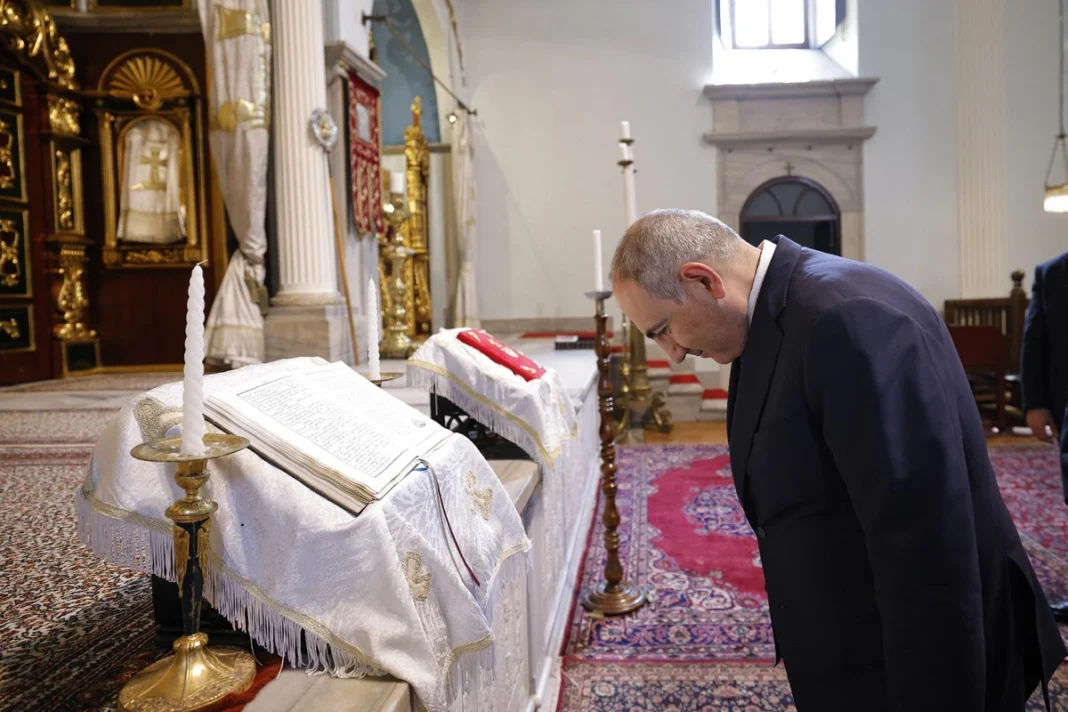July 22, 2025 | Yerevan
Armenia is once again teetering on the edge of a political whirlwind. A new chapter of confrontation between Prime Minister Nikol Pashinyan and the Armenian Apostolic Church is unfolding, with a protest reportedly planned outside the residence of Catholicos Karekin II. The move risks inflaming deep-seated grievances within society and pushing church-state relations into unprecedented territory.
Amid this escalating tension, billionaire Samvel Karapetyan, currently detained by Armenia’s National Security Service, announced his intention to establish a new political party. His entry into the political arena signals a potential realignment of the country’s power dynamics at a moment of institutional crisis.

Pashinyan’s direct attacks on the church, coupled with efforts by the opposition to reorganize, could open the door for Karapetyan to unite disparate forces — including church loyalists, opposition groups, and disillusioned segments of society — into a single political front. Such a coalition would significantly reshape Armenia’s political landscape, threatening to destabilize the delicate balance between state authority, religious influence, and public trust.
The prime minister’s recent accusations that high-ranking church officials have violated their vows of celibacy marked a turning point in the rift. What began as sporadic criticism has now escalated into a government-led campaign to undermine the church’s credibility. This, analysts warn, is not just a political maneuver — it may represent a calculated attempt to dismantle the church’s influence altogether.
Sources suggest that Pashinyan’s team is preparing to release compromising material against top clerics as part of a broader effort to portray the church not as a spiritual institution, but as a corrupt relic impeding Armenia’s modernization. The strategy appears aimed at stripping the church of its moral authority and transforming public perception.
However, the Armenian Church still commands deep respect among large swaths of the population, and this conflict could prompt a political awakening within religious circles. Should Pashinyan escalate his campaign, the church may abandon its traditionally passive stance and assert itself more forcefully in political life.

Historically, tensions between the Armenian state and church are nothing new — but this time, the confrontation is unprecedented in form and intensity. It is the government, not the clergy, leading the offensive, and it is doing so not through policy alone, but through physical symbolism — staging confrontations at the very heart of church authority.
This power struggle is no longer confined to religious doctrine or political ideology. It threatens to unravel the foundational values that have long underpinned Armenian identity. Unless defused, the clash could spiral into a broader national crisis — not just political, but cultural and societal.
With Pashinyan showing no sign of retreat, the country now faces a defining moment: a battle over the soul of Armenia that may reverberate far beyond its borders.


